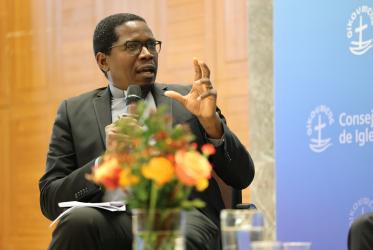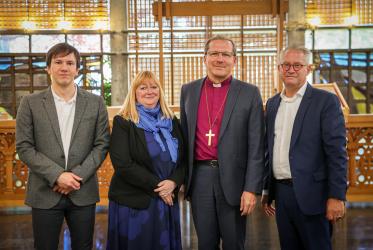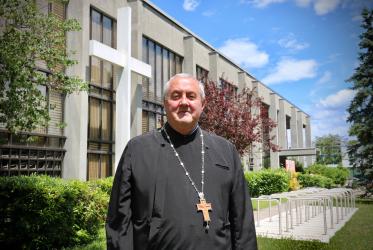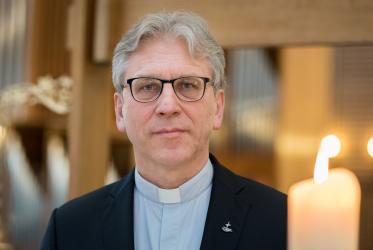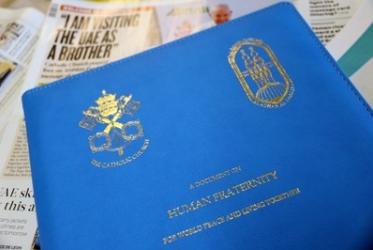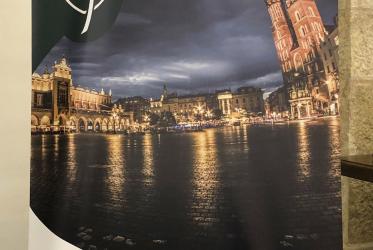Displaying 1 - 20 of 115
07 February 2024
WCC hosts visitors from Finland, Germany, and Sweden
29 September 2023
WCC honoured with Geneva Engage Award
01 February 2022
Brazilian churches call for transformative racial justice
23 November 2020
Driven by God’s grace and a sense of duty
05 November 2020
A visionary missionary heads home
25 March 2020
WCC well-represented in Religions for Peace leadership
07 October 2019
